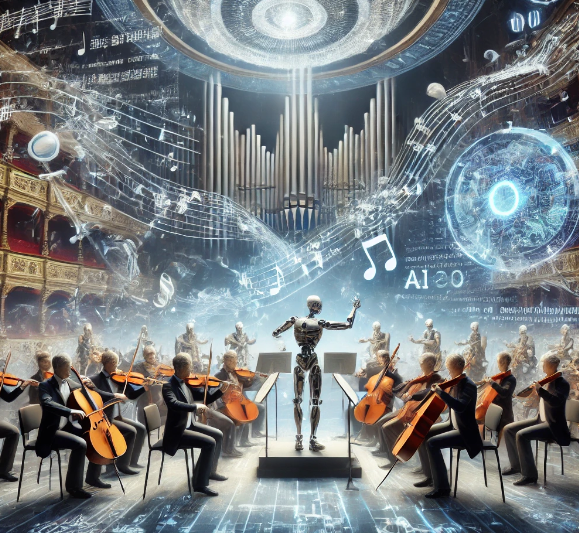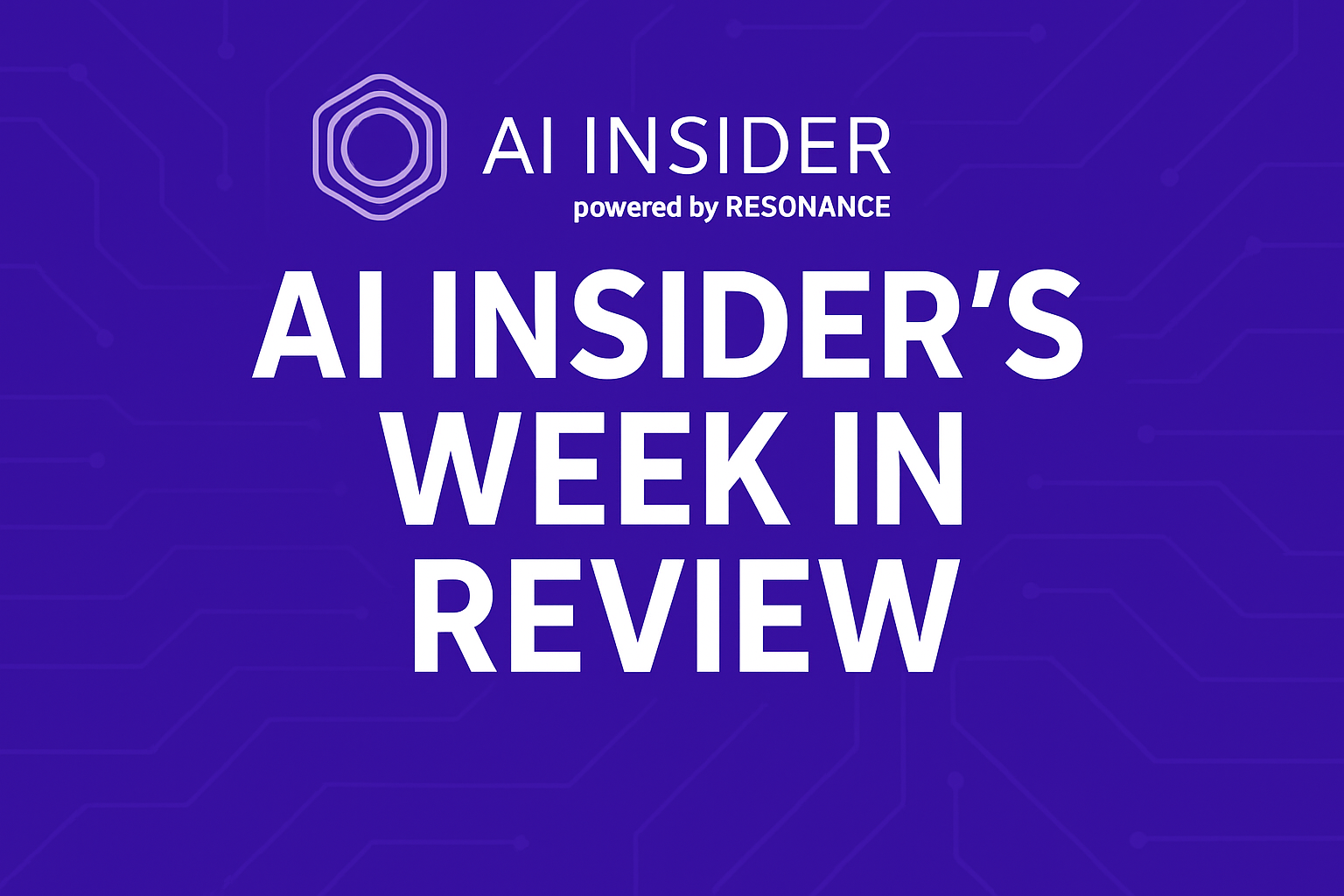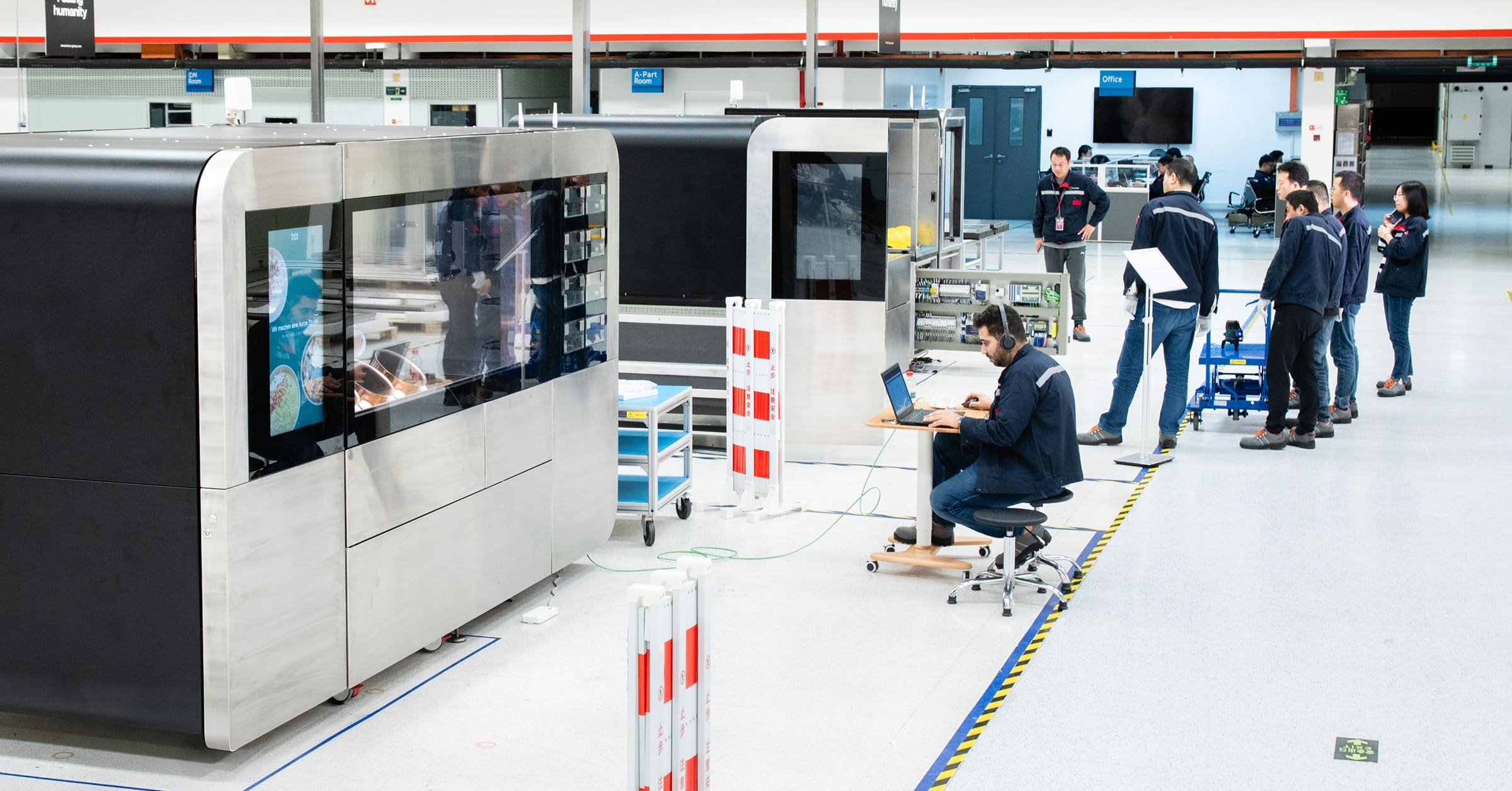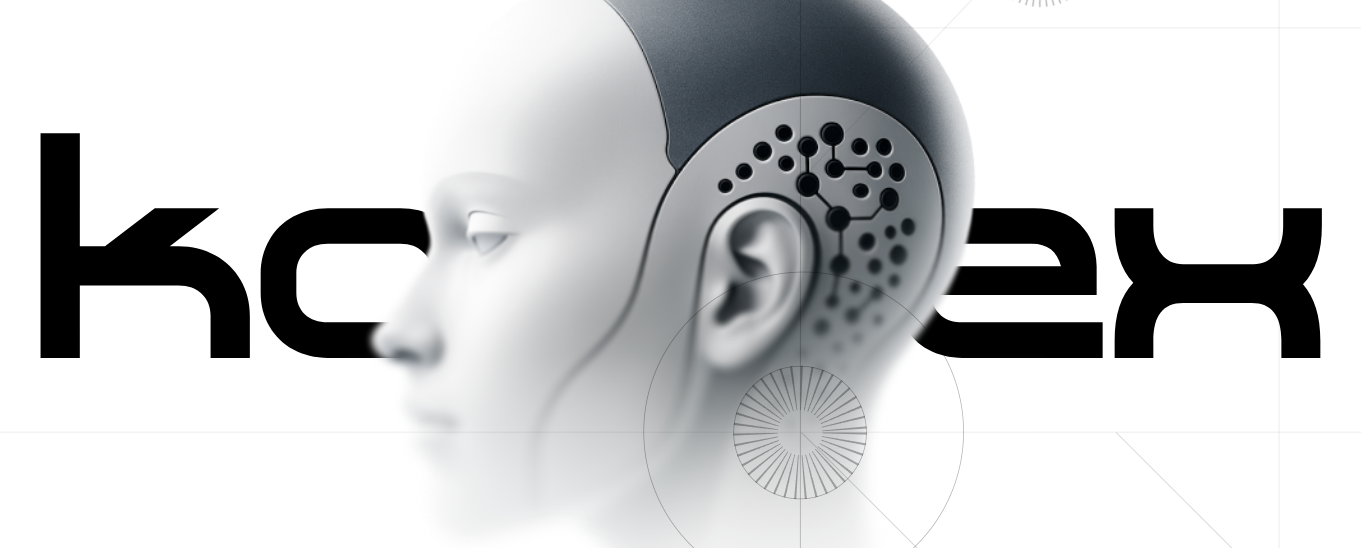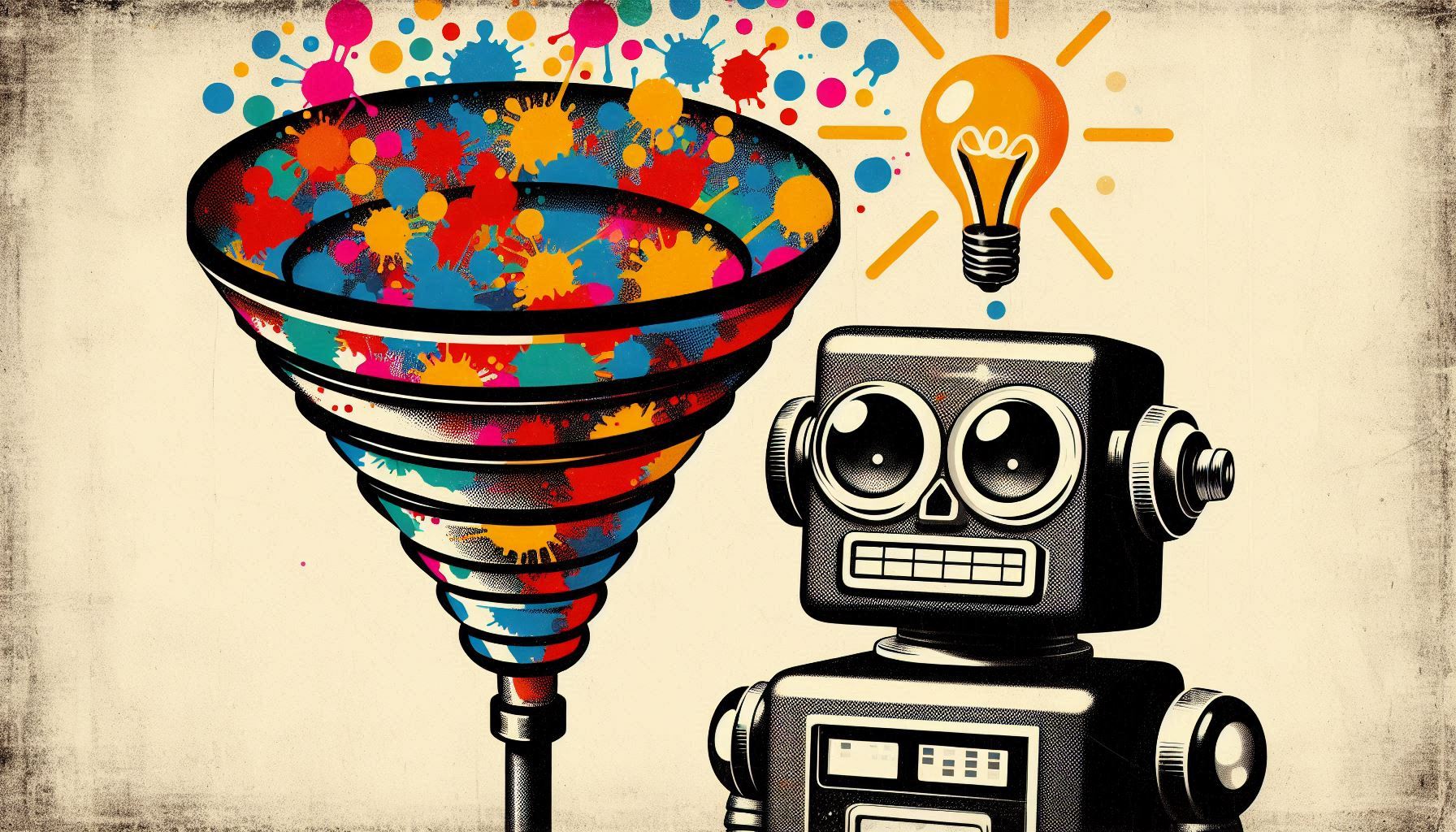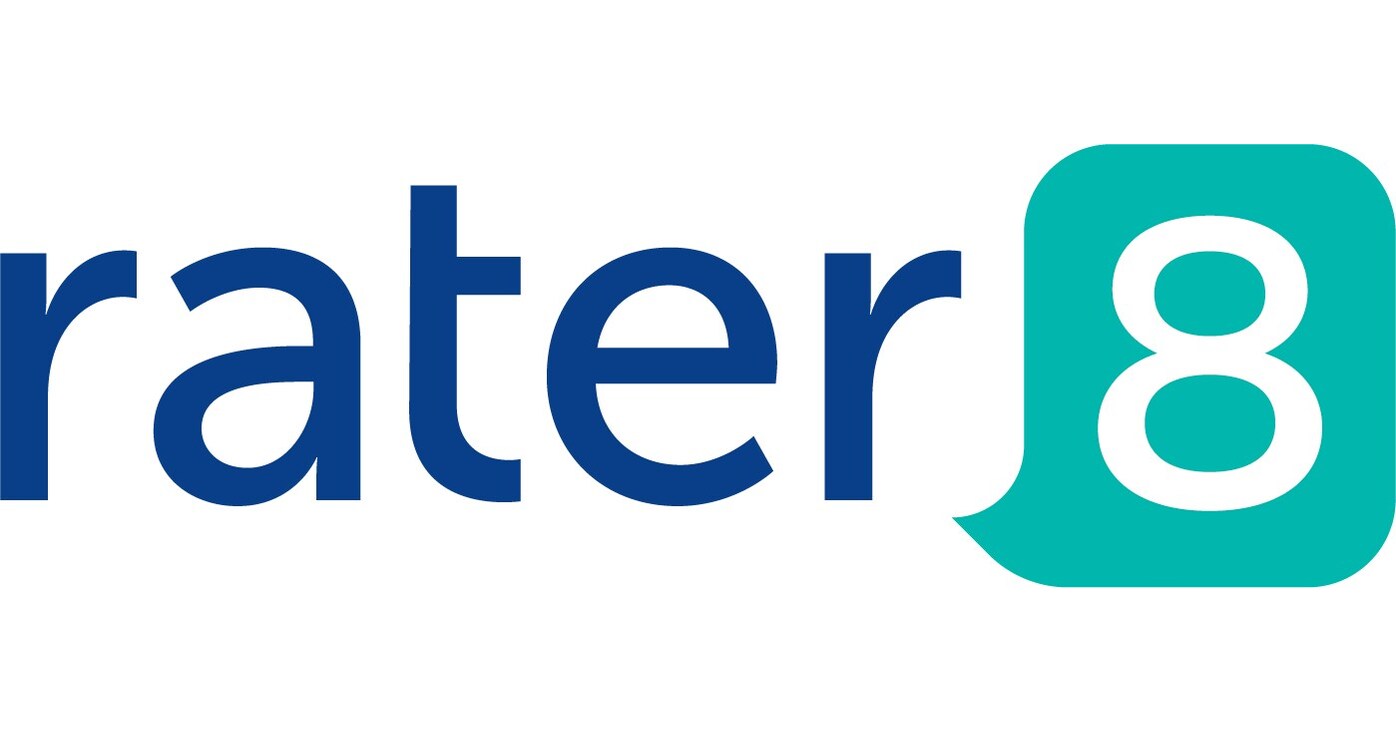The intersection of artificial intelligence (AI) and classical music is ushering in a new age of artistic possibilities, as exemplified by Dr. Matthias Röder’s novel work at the Karajan Institute. Röder’s journey from classical guitarist to AI innovator demonstrates the potential for technology to enhance and expand musical creativity rather than replace human artistry.
One of Röder’s most notable projects involved using AI to complete Beethoven’s unfinished 10th Symphony. As he explained during a recent interview: “We put together a team of computer scientists, composers, music theorists… We wanted to really build a system like ChatGPT but for music.” This ambitious undertaking showcased the power of human-AI collaboration in music composition.
The process was far from simple automation. Röder described how they “prompted the AI to complete these ideas” from Beethoven’s sketches, generating hundreds of continuations overnight. Human experts then curated the AI-generated material, resulting in what Röder calls “humans and machines co-creating in a big collaborative creative effort.”
Röder sees AI as an opportunity to democratize musical creativity.
“I think what’s very important is that we enable a lot of creativity for people who maybe don’t want to study for 20 years before they compose their first symphony,” said Röder. This perspective frames AI as a tool for expanding access to musical expression rather than a threat to traditional musicianship.
At the Karajan Institute, Röder continues to explore the synergy between technology and classical music. He explained their mission: “We help people in music technology, in innovation, and in music to find each other, to start projects together, and to really continue that vision of Herbert von Karajan to bring this beautiful music to more people.”
Looking to the future, Röder advises artists to focus on experimentation rather than hype.
“Try to experiment with the technology, don’t follow so much the hype cycle,” he suggested. “In the end, it matters that you stick to what you think is truly important and just gradually make progress.”
As AI continues to evolve, Röder predicts a world where artists embrace technology as a collaborator. He speculates that if Beethoven were alive today, “Beethoven would probably have a team of technologists working with him, create joint ventures with social media platforms, with other artists, and to think about how you can actually unlock all of that value in your artistic work.”
Through Röder’s work and vision, we glimpse a future where AI amplifies human creativity, opening new avenues for musical expression and reaching broader audiences while preserving the essence of classical artistry.
